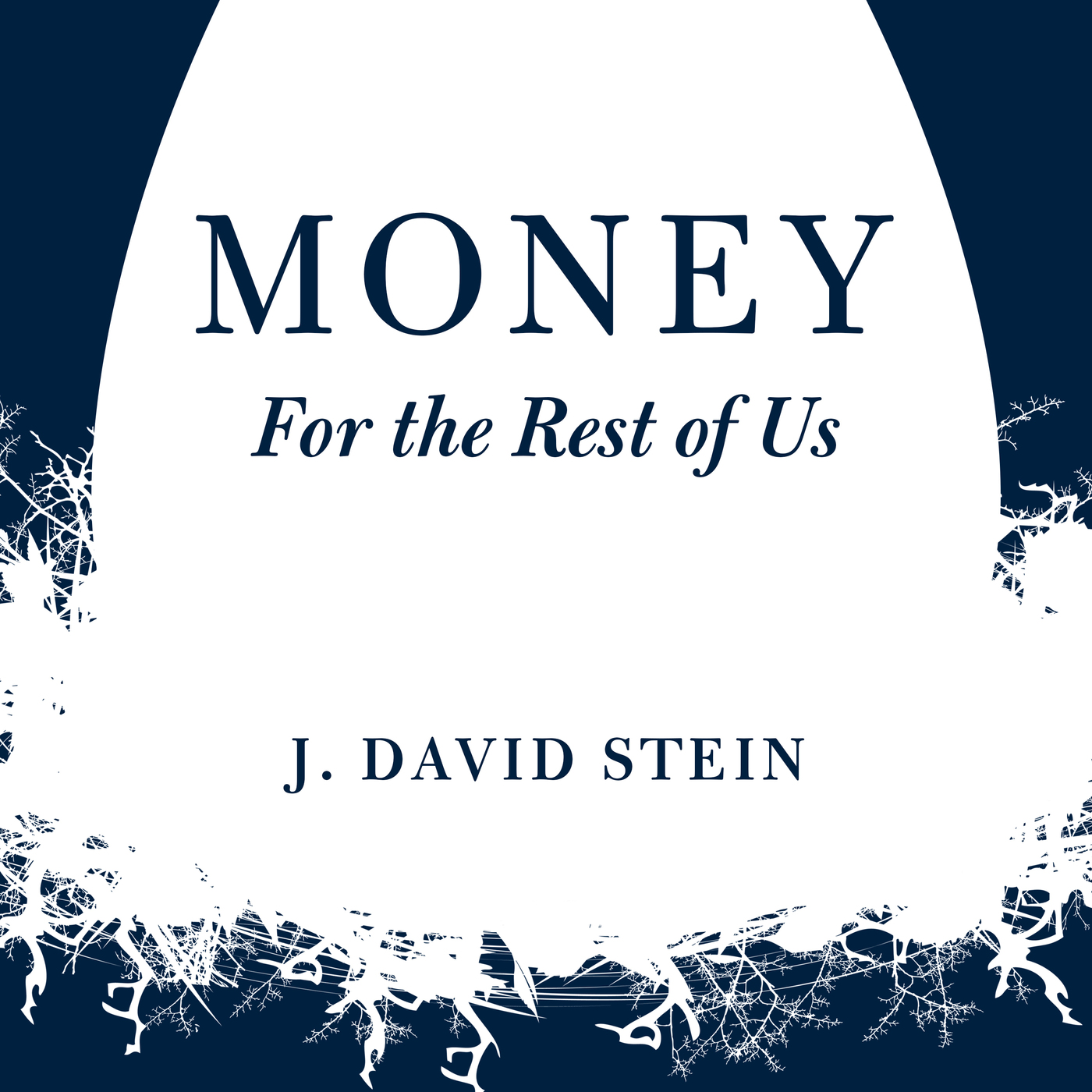
Joshua Sheats from the Radical Personal Finance podcast and I discuss our different views regarding the national debt and the severity of the U.S. government fiscal situation. More information, including show notes, can be found here.
Episode Summary
Navigating a housing bubble is often on everyone’s minds. With changing family needs, balancing multiple incomes, and varying environmental factors, finding a great house is a struggle most families face. On this episode of Money For the Rest of Us, David responds to a listener’s question of how to navigate a housing bubble. He explains the idea of “economic gravity,” outlines factors that are influencing the global housing market, and offers solutions to the housing bubble crisis.
A housing bubble cannot break free from economic gravity
David discusses the idea of “economic gravity” on this episode. Simply, over the long-term housing prices can’t be disconnected from the ability of households to service a level of mortgage debt – to successfully make those payments every month. Nobel prize-winning economist Milton Friedman explains, “When (corporate) earnings are exceptionally high, they don’t just keep booming – they can’t break loose from economic gravity.” The same concept applies to home prices. When prices are high, they can boom for an exceptionally long time. But they cannot break free from this underlying economic concept.
Factors that are driving up the global housing market
Housing bubbles are being created across the globe because of a few major factors. Low interest rates, offshore demand for domestic property, influxes in immigration, and interest only loans are all contributing factors to the housing bubble discussed in this episode of Money for the Rest of Us. David draws many parallels between the US housing market and those in Australia and Canada.
Housing markets don’t always align with growing family needs
Joe, the Money For the Rest of Us listener that submitted the question for this episode, is seeking different housing for his family as it grows and shifts. But he’s finding that unfortunately, housing markets don’t always align with growing family needs. Better school districts, larger homes, easier commutes, etc. are all factors that millions of Americans are seeking for their prospective homes. David encourages listeners to consider what type of housing their family can reasonably afford and still maintain the type of lifestyle they desire. You never want to purchase a house that you cannot comfortably afford. To hear more about the housing market in the US today, data on current housing prices across the country, and even more great information, don’t miss this episode.
3 ways you can respond to rising house prices
After considering all the data related to the housing bubble and overall market in your area, you essentially have 3 options:
You can stay put
You can move to a cheaper locale
You can buy, while being patient and prudent
In order to make the most of the housing opportunities for your family, David encourages every listener to consider their personal affordability and examine their ability to handle unforeseen financial stress (loss of a job, medical emergencies, etc.) Navigating a housing bubble is challenging, but this episode of Money For the Rest of Us can help you make sense of all the angles. Be sure to listen.
Episode Chronology
[1:05] A listener poses a question about how to handle a housing bubble in his area
[6:47] Current data on the American and international housing bubbles
[10:02] Is the current housing bubble starting to break?
[10:57] What factors are driving the home prices in Australia, for example?
[12:41] Comparing the Canadian housing bubble to Australia’s
[15:45] So what should you do during a housing bubble?
[18:09] Housing markets don’t always align with growing family needs
[21:36] How to combat the factors driving up housing prices
More Episodes
 2024-05-15
2024-05-15
 2024-05-08
2024-05-08
 2024-03-27
2024-03-27
 2024-02-14
2024-02-14
Create your
podcast in
minutes
- Full-featured podcast site
- Unlimited storage and bandwidth
- Comprehensive podcast stats
- Distribute to Apple Podcasts, Spotify, and more
- Make money with your podcast
It is Free
- Privacy Policy
- Cookie Policy
- Terms of Use
- Consent Preferences
- Copyright © 2015-2024 Podbean.com




